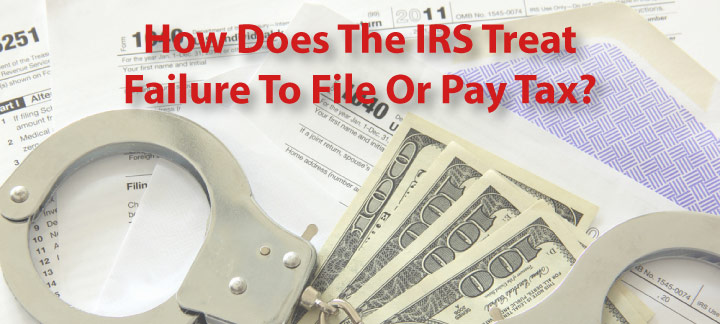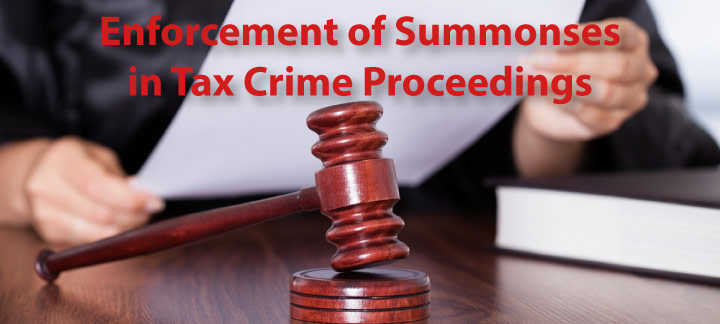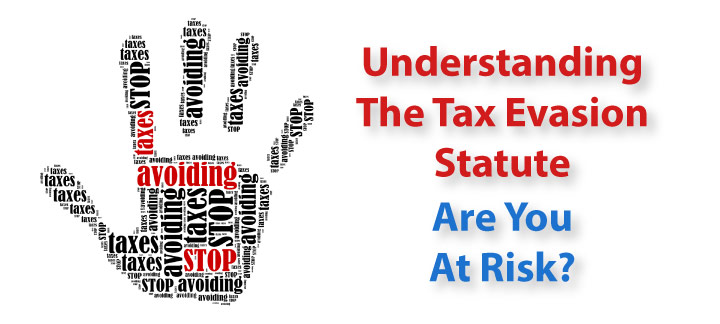Failure to File Returns or Pay Tax
Failure to file returns or pay taxes is a federal tax crime that will be prosecuted by the IRS.

Failure to file returns or pay taxes is a federal tax crime that will be prosecuted by the IRS.

If a special agent in a tax crime investigation issues a summons which is ignored, the Criminal Investigation Division may institute an enforcement action against the summonsed party. The U.S.

As a defense attorney, you should always be forthright in dealing with government personnel while your client is under investigation for tax crimes.

As a Tax Lawyer representing clients in a criminal tax investigation, one of the most important defense strategies is knowing when to cooperate with an IRS special agent and when to refuse cooperation.

The Department of Justice Criminal Tax Division has the ultimate authority to review and prosecute criminal tax cases.

Representing clients who are being investigated for criminal tax fraud or have already been charged with a tax crime can be a complicated proposition.

The Federal Sentencing Guidelines (Guidelines) were created to “further the basic purpose of criminal punishment: deterrence, incapacitation, just punishment, and rehabilitation.” United States Sentencing Commission, Guidelines Manual, §1A1.2

In a previous article about making false statements on your tax return, we discussed the basics of the


The most common federal tax crime is tax evasion, which is specifically defined in 26 U.S.C. § 7201 as a failure to report taxes, reporting taxes inaccurately, or failing to pay taxes.